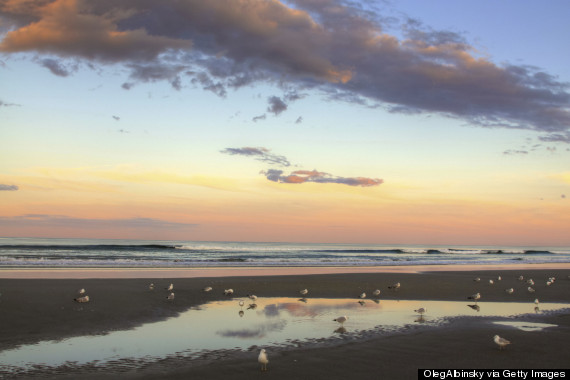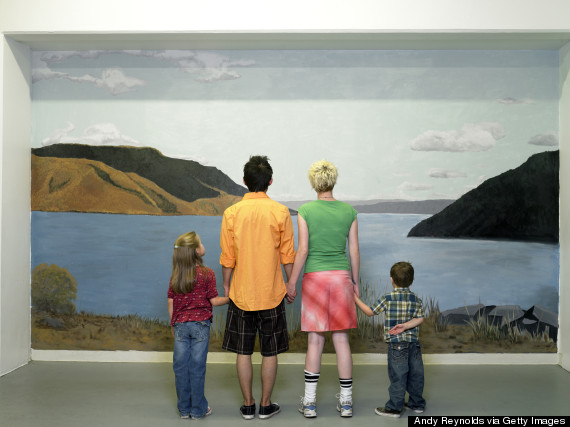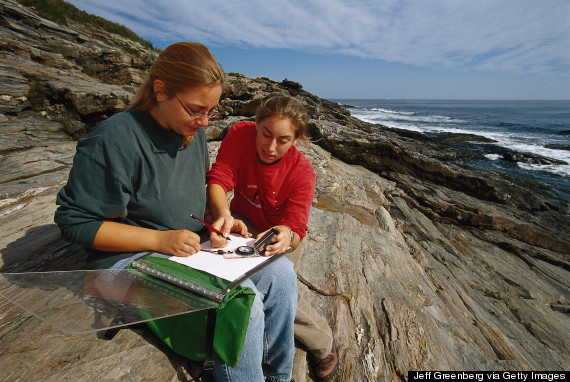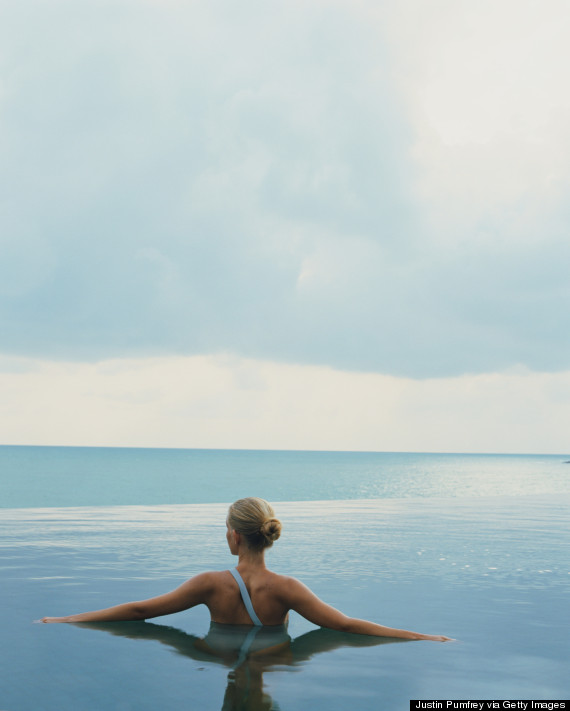Sandbridge Real Estate Net
HomeHelping you NET the home of your dreams.
Thinking About Buying a Beach Home? Here Are 5 More Reasons Why you Should!
5 Scientific Reasons A Beach Vacation Is Necessary For Your Health
Water, coastlines, ocean sounds, and the color blue all connect us to the beach that scientifically make us more relaxed and feel at home. Whether you are looking for a nice vacation or a permanent vacation, these 5 reasons will help convince you why a beach vacation home is necessary!
Water returns us to our natural state:
We’re connected to water from the onset of life. Babies’ bodies are 75 percent water.As we age, we become drier (only 60 percent), but our brains are still three-fourths water and even our bones are 31 percent water.
The brain, which rests in a kind of “clear, colorless cerebrospinal fluid” in our heads, reacts to water very fondly because, as Nichols writes, “our ancient ancestors came out of the water and evolved from swimming to crawling to walking. Human fetuses still have ‘gill-slit’ structures in their early stages of development,” and the water in our cells “is comparable to that found in the sea.”
This biological connection to water, Nichols told CBS News, triggers an immediate response in our brains. When you see or hear the ocean, he says, you know “you’re in the right place.”
2. We’re more relaxed along the coast:
Look at the picture above. Beautiful, right? The very sight of it, it turns out, subconsciously calms us, and Nichols cites a study (“Functional Neuroanatomy Associated with Natural and Urban Scenic Views in the Human Brain: 3.0T Functional MR Imaging,” to be precise) that shows how areas of the brain associated with less stress and more empathy are activated when we look at nature scenes. While pictures of urban landscapes elicited activity in the parts of our brains associated with stress, participants who were shown nature pictures had heightened activity in the parts associated with “positive outlook, emotional stability and the recollection of happy memories.”
And when it comes to nature views, the coast wins. Another study, “Human Brain Activation in Response to Visual Stimulation with Rural and Urban Scenery Pictures: A Functional Magnetic Resonance Imaging Study, shows that coastal images were more effective than other nature images in activating participants’ reward systems — “an area rich in opioid receptors that triggers feelings of wellness,” Nichols writes.
3. Looking at pictures is good, but water is even better IRL:
While looking at pictures is one thing, it turns out the real-life natural world also wins over urban landscapes. Nichols references a 2011 study in which a smartphone app called Mappiness tracked the well-being levels of about 22,000 participants. The participants received random prompts to report how happy they were in that moment. According to the over 1.1 million responses that were sent in, not only were people happier when they were outside, they were 5.2 percent happier when near bodies of water.
4. Water rejuvenates a tired mind:
In a section titled, “Water, Nature, and the Optimum Brain,” Nichols illustrates that we now have more screens to touch, social networks to update and websites to refresh, and our fatigued brains need to recharge. Water, he theorizes, helps that happen.
He references a study published in the Journal of Environmental Psychology in 1995, titled “Views to Nature: Effects on Attention.” Researchers wanted to find out whether or not dorm students with views of beautiful nature scenes would do better on cognitive tests that measured attention, visual scanning and motor speed, over students with more urban views.
“The dorm rooms were grouped by the views from their windows: trees and a lake, lawns and buildings, and brick walls and slate rooftops,” Nichols writes. “Students whose rooms overlooked trees and the lake not only performed better on the cognitive tests but also rated their ‘attentional functioning’ as more effective than that of all of the other groups combined.” The study found that, not only does nature rejuvenate a tired mind, but “an attention-restoring experience can be as simple as looking at nature.”
5. Blue soothes:
Blue, it turns out, is the world’s favorite color. Nichols cites a 2003 research projectthat surveyed 232 people from around the world about their associations with various colors. Forty-two percent of men said blue was their favorite color, while 35 percent of the women surveyed said the same thing — a majority in both brackets.
Nichols isn’t surprised. We “evolved on a planet that is primarily shades of water and sky blue,” he writes, so it makes sense that blue stimulates a positive emotional response. He quotes neurosurgeon Amir Vokshoor, who explains that “the arousal mechanism stimulated by blue’s wavelengths correlates to the release of neurotransmitters thought to be associated with feelings of euphoria, joy, reward, and wellness related to the effects of dopamine.”
Nichols also cites a study in the journal Perceptual And Motor Skills, entitled “Effect Of Partition Board Color On Mood And Autonomic Nervous Function,” which found that we feel less fatigued and claustrophobic when we’re around the color blue.
– Article originally posted on Huffingtonpost.com http://www.huffingtonpost.com/2014/08/23/wallace-nichols-water-book_n_5686271.html?utm_hp_ref=healthy-living&ir=Healthy%20Living&utm_source=Sunday+Check+Ins+2&utm_campaign=cef5923b68-Article_BEACH_Vacation&utm_medium=email&utm_term=0_ccad41486d-cef5923b68-












